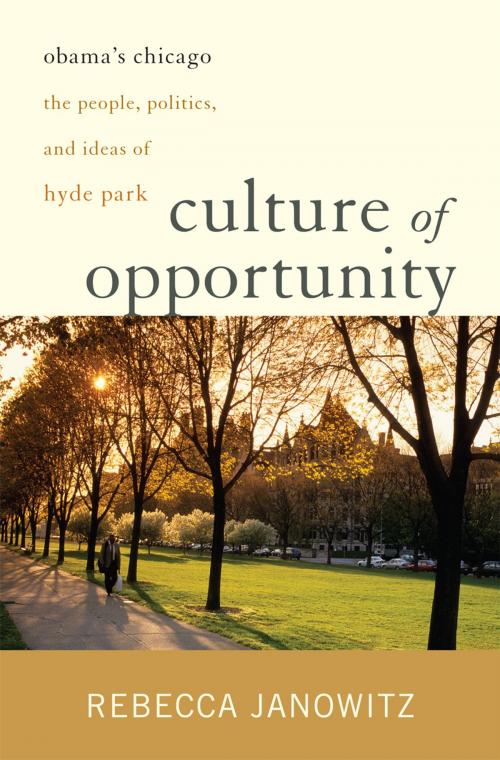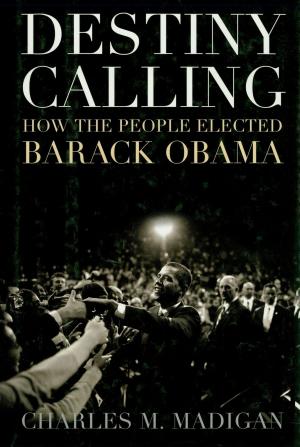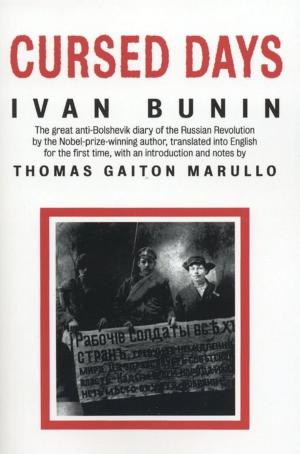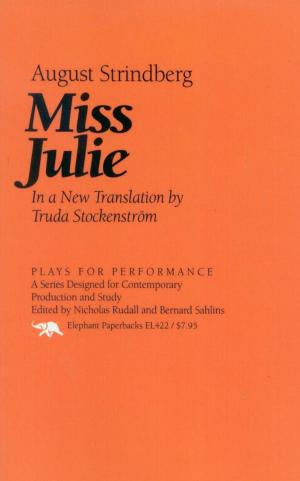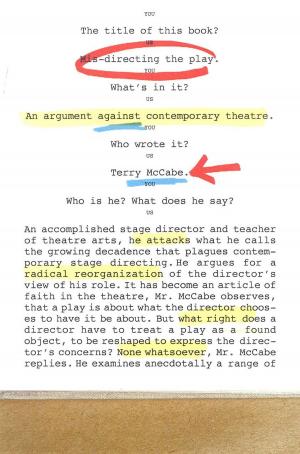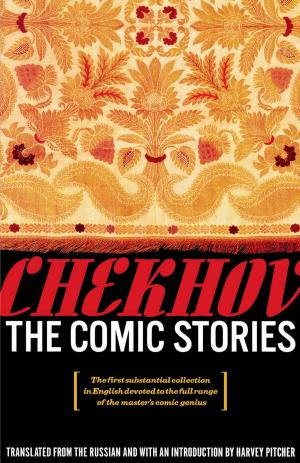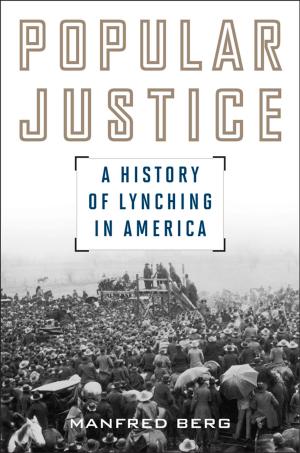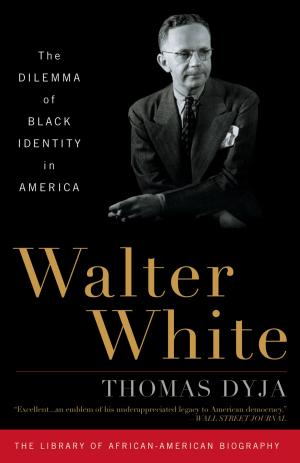Culture of Opportunity
Obama's Chicago: The People, Politics, and Ideas of Hyde Park
Nonfiction, Social & Cultural Studies, Political Science, Politics, Practical Politics, History, Americas, United States, 20th Century| Author: | Rebecca Janowitz | ISBN: | 9781566638968 |
| Publisher: | Ivan R. Dee | Publication: | June 16, 2010 |
| Imprint: | Ivan R. Dee | Language: | English |
| Author: | Rebecca Janowitz |
| ISBN: | 9781566638968 |
| Publisher: | Ivan R. Dee |
| Publication: | June 16, 2010 |
| Imprint: | Ivan R. Dee |
| Language: | English |
Rebecca Janowitz's portrait of Hyde Park-the Chicago South Side neighborhood long noted for its progressive politics-offers an expert, insider's social and political perspective on this intriguing community that in many ways nurtured Barack Obama's political career and made possible his run for the presidency. Sixty years ago-due to a major community grassroots organizing effort, followed by a publicly funded urban renewal program-the Hyde Park-Kenwood area of Chicago emerged as a diverse, politically confident community in a key lakefront location within a city noted for its segregated neighborhoods, cultivating a rich and congenial cultural tradition. Before achieving racial balance, Hyde Park had become a center of progressive politics dating from the late nineteenth century. Scholarly reformers-many from the University of Chicago, by then a part of the community-as well as clergy, women, and blacks had sought more influence in the city from a base in Hyde Park. The neighborhood offered a political alternative for people throughout Chicago who were dissatisfied with the city's corrupt patronage politics. Hyde Park was ready for Barack Obama as a political contender before he was ready to assume that role. As early as the 1960s, Hyde Park reformers were looking for strong black leaders to serve a progressive white constituency as well as the black community. The willingness of Hyde Parkers, especially progressive Jews, to rally behind Harold Washington helped him become Chicago's first black mayor and a mayor committed to reform. In the course of Obama's rise to power, Hyde Park proved its usefulness again as a sounding board, support system, and launching pad for political change. Culture of Opportunity will introduce you to one of the most distinctive and unusual neighborhoods in the United States.
Rebecca Janowitz's portrait of Hyde Park-the Chicago South Side neighborhood long noted for its progressive politics-offers an expert, insider's social and political perspective on this intriguing community that in many ways nurtured Barack Obama's political career and made possible his run for the presidency. Sixty years ago-due to a major community grassroots organizing effort, followed by a publicly funded urban renewal program-the Hyde Park-Kenwood area of Chicago emerged as a diverse, politically confident community in a key lakefront location within a city noted for its segregated neighborhoods, cultivating a rich and congenial cultural tradition. Before achieving racial balance, Hyde Park had become a center of progressive politics dating from the late nineteenth century. Scholarly reformers-many from the University of Chicago, by then a part of the community-as well as clergy, women, and blacks had sought more influence in the city from a base in Hyde Park. The neighborhood offered a political alternative for people throughout Chicago who were dissatisfied with the city's corrupt patronage politics. Hyde Park was ready for Barack Obama as a political contender before he was ready to assume that role. As early as the 1960s, Hyde Park reformers were looking for strong black leaders to serve a progressive white constituency as well as the black community. The willingness of Hyde Parkers, especially progressive Jews, to rally behind Harold Washington helped him become Chicago's first black mayor and a mayor committed to reform. In the course of Obama's rise to power, Hyde Park proved its usefulness again as a sounding board, support system, and launching pad for political change. Culture of Opportunity will introduce you to one of the most distinctive and unusual neighborhoods in the United States.
